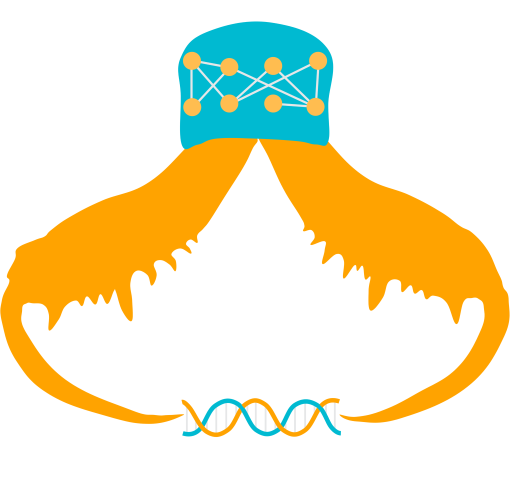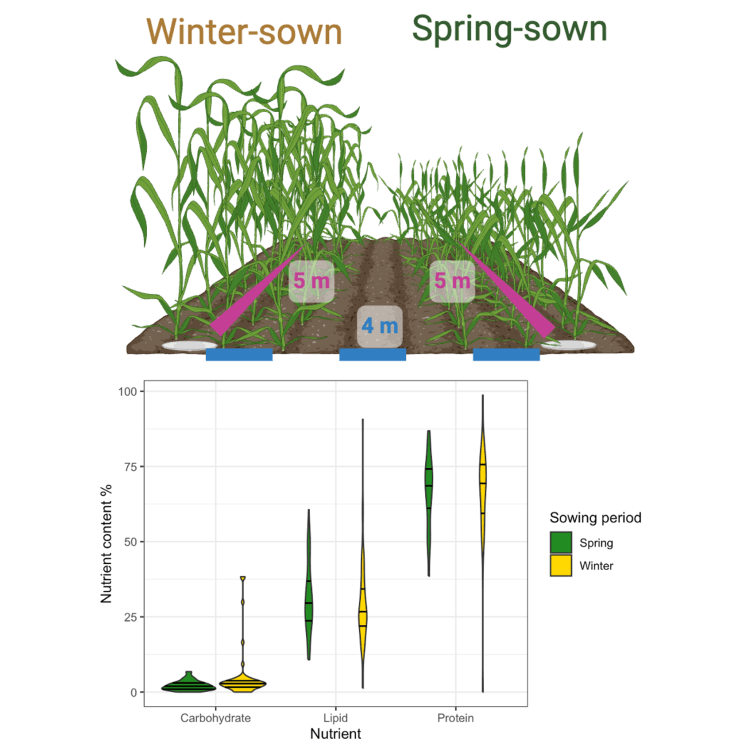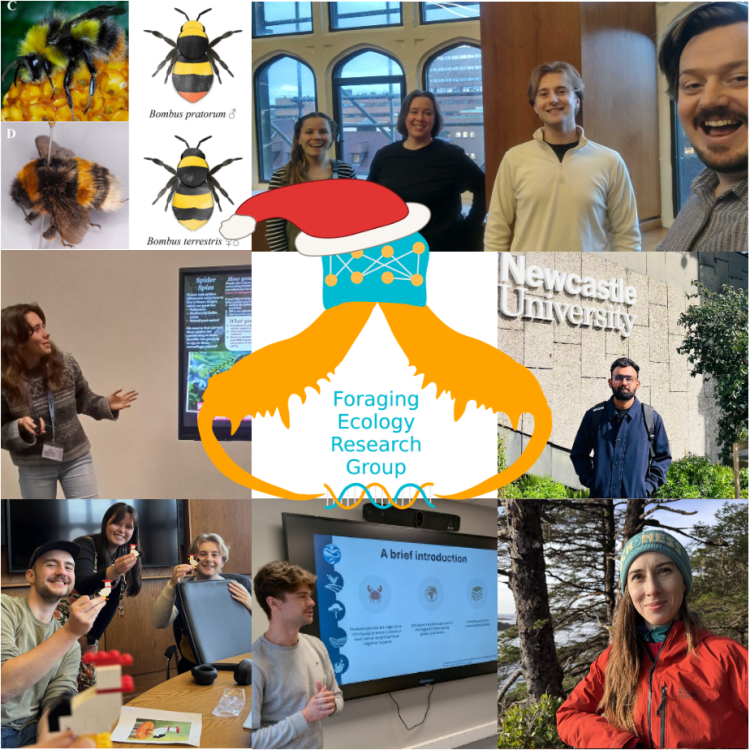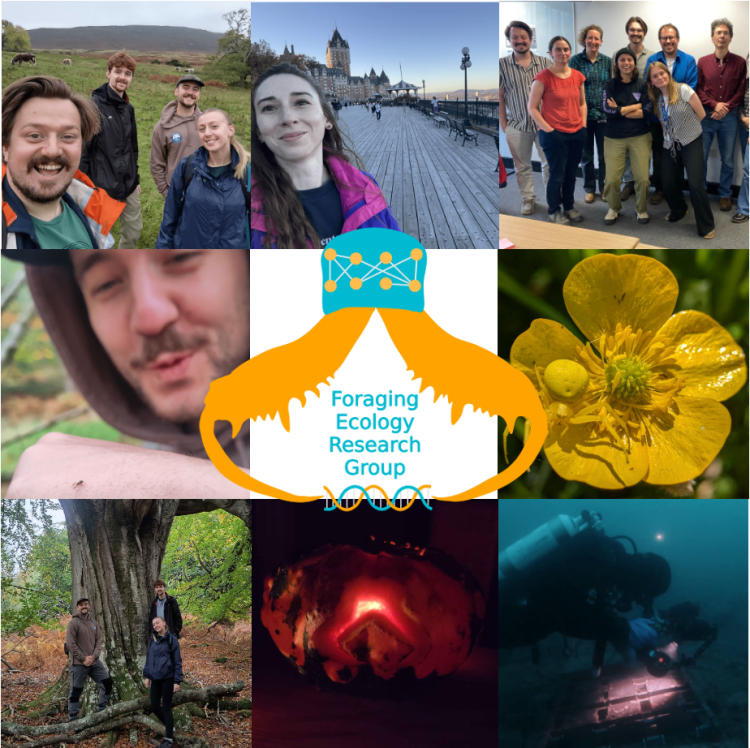Welcome to the Foraging Ecology Research Group!
We are an ecological research group focused on trophic interactions and their drivers and constraints, based in the School of Natural and Environmental Sciences at Newcastle University.
Our primary aim is to identify the determinants of trophic interactions, and the consequences that follow them.
To do this, we use a range of molecular, ecological and biochemical methods, with a particular passion for taking interdisciplinary approaches to answer fundamental ecological questions.
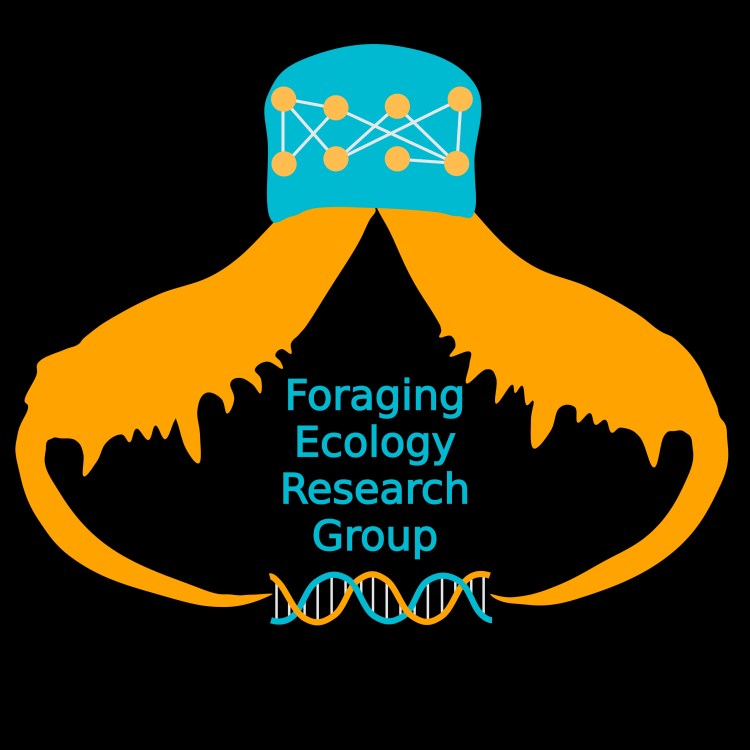
Latest FERG updates:
Subscribe to email updates here:
Foraging Ecology
Foraging ecology is the study of how organisms search for, obtain, and use food resources in their natural environment. This encompasses trophic interactions, but also the factors that drive these interactions, and their consequences. By investigating these interactions, we can understand how organisms optimise their food intake and energy expenditure.
These processes underpin the healthy functioning of every ecosystem, including our food systems. How systems respond to change affects our ability to feed the growing global population. Understanding these fundamental drivers of ecology enhances our understanding and appreciation of the complexity of life.
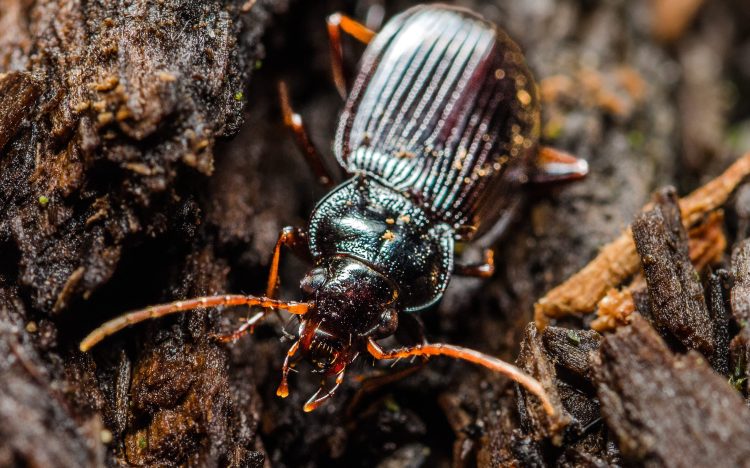
Research themes

Trophic interactions
Trophic interactions are the fundamental building blocks from which the complex systems that comprise the natural world are built.
We have investigated trophic interactions across a range of taxa and systems and explore fundamental ecological drivers of animal foraging.
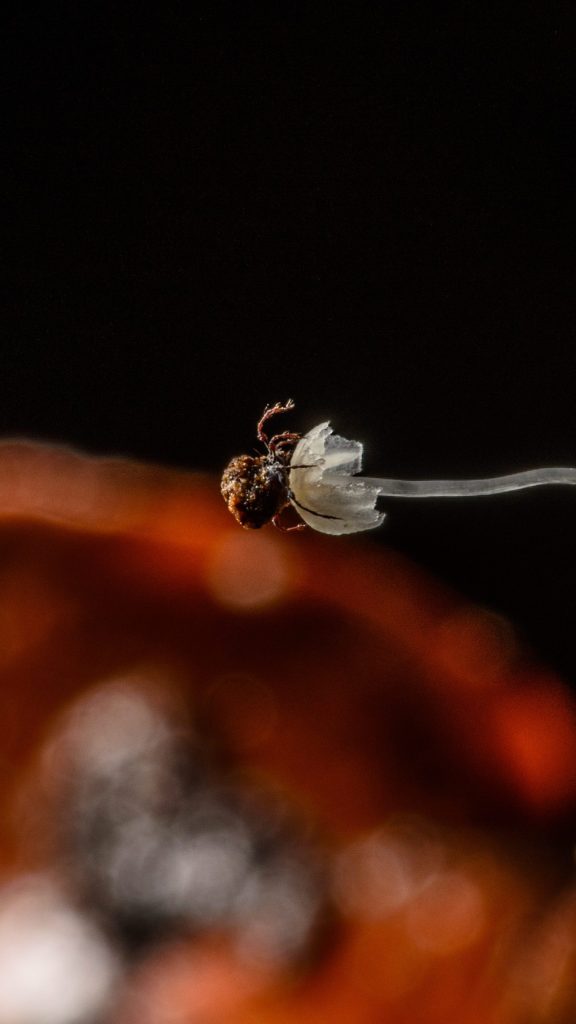
Molecular analysis
The interactions between organisms are often cryptic, particularly for invertebrates, but molecular methods help to detect and identify them.
We have conceptually advanced these approaches and continue to develop, test and scrutinise them.
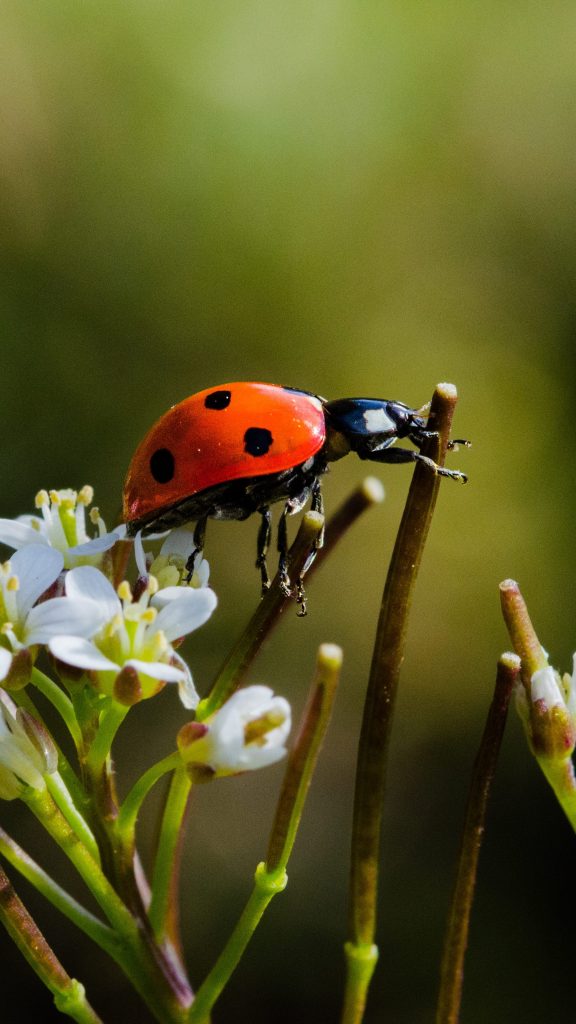
Nutritional ecology
Nutrients underpin and drive foraging ecology as the fundamental currency of trophic interactions.
We have pioneered the integration of nutrients into complex ecological networks. We have also developed protocols to advance the analysis of nutrition in invertebrates.
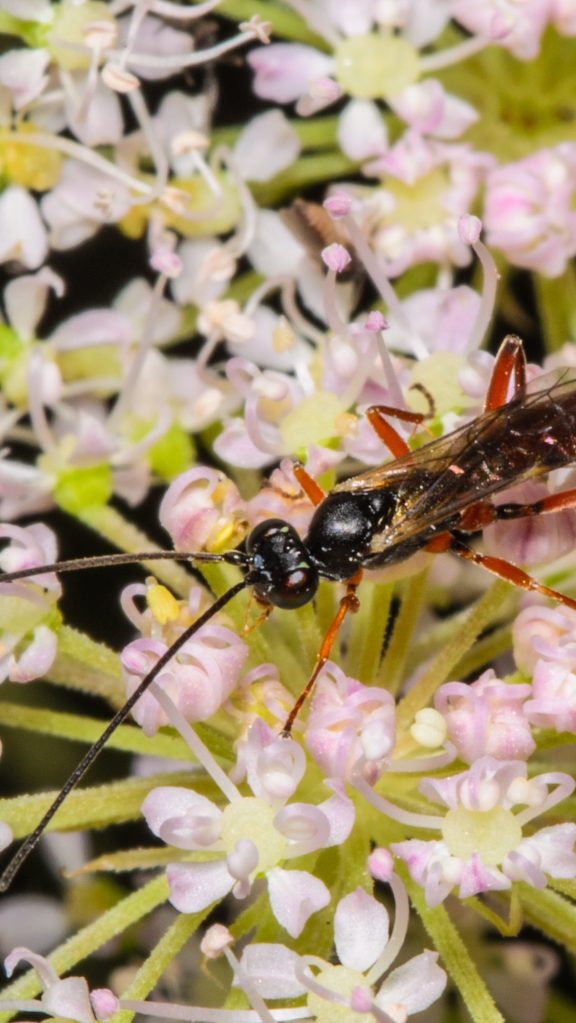
Community ecology
The networks of interactions that form within and between ecological communities dictate ecosystem functioning.
We have developed the integration of molecular and nutritional data into networks to study the structuring of interactions across a range of contexts.
Invertebrate ecology and entomology
Our research primarily uses invertebrates, particularly arthropods, as model foragers or resources (although not exclusively). Invertebrates are the incredible engineers of most of our ecosystems and are the often-underrepresented keystones holding up natural systems, but also our food systems and ecosystem services. They also represent a massive diversity of foraging behaviours and ecologies, so they are super cool to study!
They are, however, sensitive to changes in our climate, land-use and agricultural practices. Given their importance, understanding their responses to these changes is crucial for predicting and mitigating biodiversity loss and ecosystem collapse.
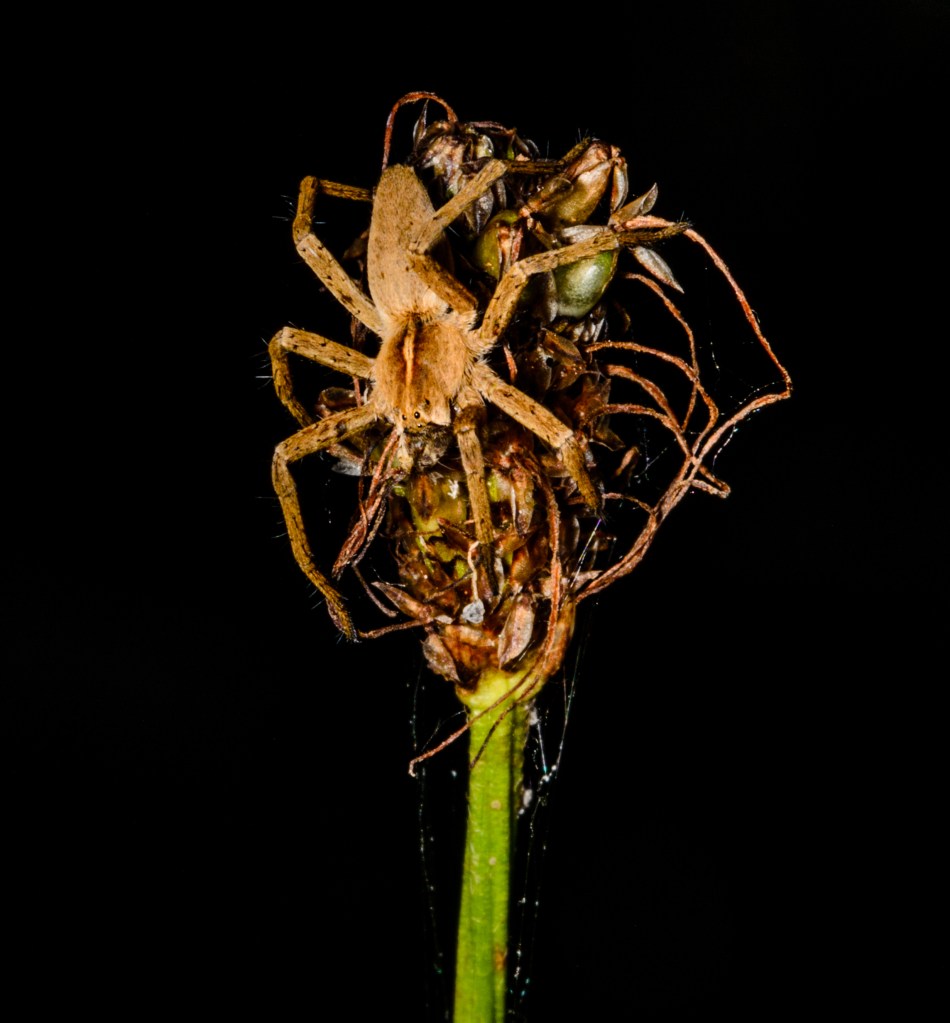
FERG is proudly part of the Newcastle University Ecology Group, an academic group comprising an exemplary cohort of ecological researchers in the School of Natural and Environmental Sciences.


Join us!
Are you looking to do research relating to trophic interactions, molecular analysis or nutritional ecology?
Get in touch!
We share opportunities like PhD studentships regularly.
